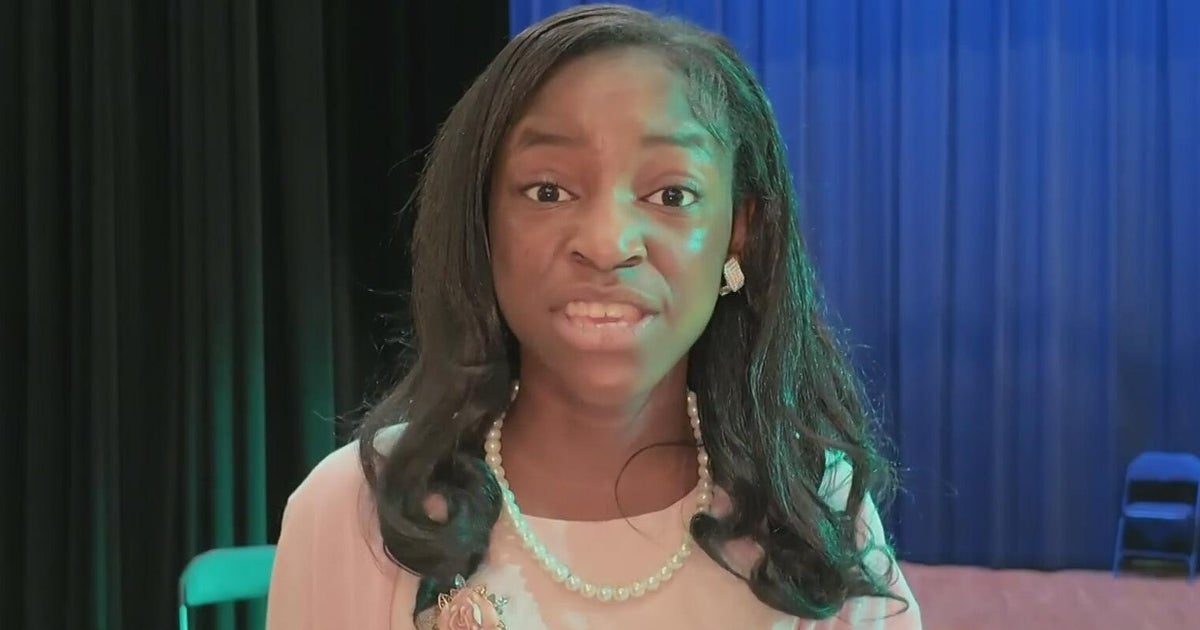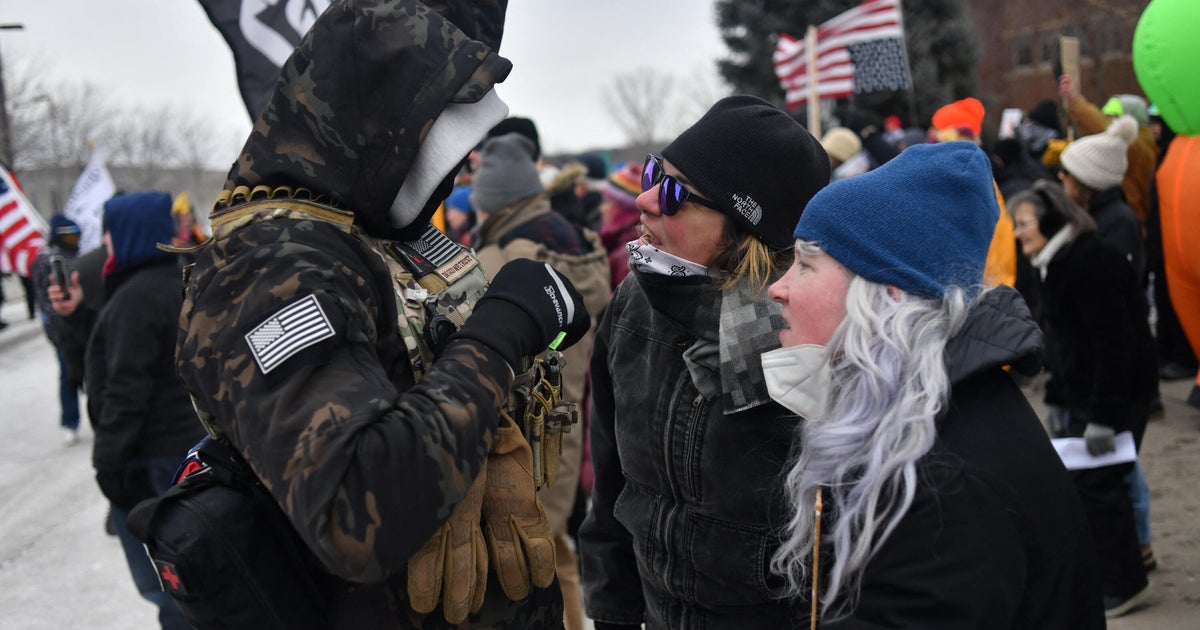Lawmakers Postpone Vote On Anti-Piracy Bills SOPA & PIPA
NEW YORK (CBSNewYork/AP) -- Yielding to strong opposition from the high-tech community, Senate and House leaders said Friday they will put off further action on legislation to combat online piracy.
LISTEN: WCBS 880's Steve Scott With Sen. Robert Menendez (D-New Jersey)
(Subscribe to the Eye on Politics HERE)
Senate Majority Leader Harry Reid, D-Nev., said he was postponing a test vote set for Tuesday "in light of recent events.'' Those events included a petition drive by Google that attracted more than 7 million participants and a one-day blackout by the online encyclopedia Wikipedia.
House Judiciary Committee chairman Lamar Smith, R-Texas, quickly followed suit, saying consideration of a similar House bill would be postponed "until there is wider agreement on a solution.''
The Senate's Protect Intellectual Property Act and the House's Stop Online Piracy Act are two bills proposed to combat online piracy sites where you can illegally download copyrighted television shows, music and movies.
The bills have strong support from the entertainment industry and other businesses that lose billions of dollars annually to intellectual property theft and online sales of counterfeit products.
But critics say SOPA and PIPA give the government too much power to police the Internet.
Wikipedia went dark and Google blacked out its logo to protest the legislation. In New York City, about 100 demonstrators took to the streets in a rally against the bills.
Reid has also seen at least a half-dozen senators who sponsored the bill announce they now oppose it.
Senators Chuck Schumer and Kirsten Gillibrand signed up as co-sponsors of the bill last May, but as protests have grown, they're giving signs of re-thinking their support, saying in a joint statement which said in part:
"After constructive dialogue with many in the technology community, we have worked to make an important change in the bill regarding DNS provisions. We will continue to work with our colleagues to ensure a proper balance between stopping the theft of intellectual property and copyright infringement, and doing so without the unintended consequence of stifling or censoring the internet, which we strongly oppose. "
Gillibrand issued an additional statement about the legislation on Friday.
"There has been an outpouring of democracy in action over the last several weeks on PIPA & SOPA. While many of my colleagues and I have worked hard to address concerns with the current bill, it is clear this proposal will not create consensus on how to crack down on the real problem of online theft that threatens tens of thousands of New York jobs in a balanced way that ensures our tech companies will continue to flourish," she said. "It is time for Congress to take a step back and start over with both sides bringing their solutions to the table to find common ground towards solving this problem."
Among other lawmakers who say they oppose the legislation is New Jersey Sen. Robert Menendez.
"On Tuesday evening, I reached out to my New Jersey constituents -- through Facebook and Twitter -- to tell them I heard their concerns about the PIPA bill loud and clear," Menendez said in a statement. "I also said I wouldn't support a bill that did not maintain the freedom and character of the internet. I communicated their real concerns to our Senate leadership and because of these concerns, said I would not support or vote for this bill."
Reid said "there is no reason that the legitimate issues raised by many about this bill cannot be resolved.'' He said he was optimistic about reaching a compromise in the coming weeks.
The main Senate sponsor, Judiciary Committee chairman Patrick Leahy, D-Vt., said he respected Reid's decision to postpone the vote but lamented the Senate's unwillingness to debate the bill.
"The day will come when the senators who forced this move will look back and realize they made a knee-jerk reaction to a monumental problem,'' he said. Criminals in China, Russia and other countries "who do nothing but peddle in counterfeit products and stolen American content are smugly watching how the United States Senate decided'' it was not worth debating the bill.
The two bills would allow the Justice Department and copyright holders to seek court orders against foreign websites accused of copyright infringement. They would bar online advertising networks and payment facilitators such as credit card companies from doing business with an alleged violator. They also would forbid search engines from linking to such sites.
The Tuesday vote was on whether to move the legislation to the Senate floor for debate. With the recent desertions and a statement Thursday by Senate Republican leader Mitch McConnell that it is too early to consider the bill, it appeared supporters lacked the 60 votes needed to advance the measure.
The bill's opponents were relieved it was put on hold.
Markham Erickson, executive director of NetCoalition, commended Congress for "recognizing the serious collateral damage this bill could inflict on the Internet.''
The group represents Internet and technology companies including Google, Yahoo! and Amazon.com. Erickson said they would work with Congress "to address the problem of piracy without compromising innovation and free expression.''
Rep. Darrell Issa, R-Calif., who has joined Sen. Ron Wyden, D-Ore., in proposing an alternative anti-piracy bill, credited opponents with forcing lawmakers "to back away from an effort to ram through controversial legislation.''
But the CEO of the Motion Picture Association of America, former Connecticut Democratic Sen. Chris Dodd, warned that, "as a consequence of failing to act, there will continue to be a safe haven for foreign thieves.''
The MPAA, which represents such companies as Walt Disney Studios Motion Pictures, Twentieth Century Fox Film Corporation and Warner Bros. Entertainment Inc., is a leading advocate for the anti-piracy legislation.
What do you think? Sound off below in our comments section...







